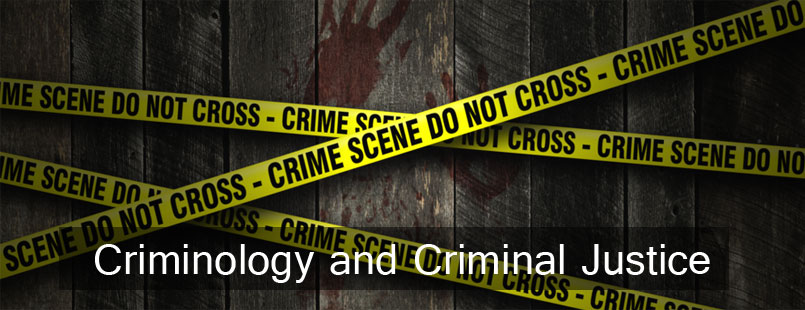
While there are many career options for those who wish to complete a criminal justice degree program, perhaps one of the most interesting of these is working as a probation officer. Because of the coursework you’ll experience throughout your training, upon graduation you’ll be qualified to work in many sectors of the criminal justice system. However, one of the most popular choices among recent graduates is a probation officer.
If you’re interested in exploring the opportunities of a probation officer, then it’s important to understand the educational requirements as well as what’s expected of you within this role. Although requirements to enter this career can vary by state, the following is considered universally applicable.
Educational Requirements for Probation Officers
Like many professions, if you wish to work as a probation officer you must meet several minimum educational requirements. These requirements can vary by state; however, the majority of states within America require applicants to hold a Bachelor of Science in Criminal Justice from an accredited university. Along with this educational requirement, many states also require probation officers to complete a specialized certification program. Such programs are generally sponsored by state and federal governments and require passing a certification examination.
Along with completing the required educational training, you should also be aware of the various administrative and personal skills most employers demand. Generally speaking, a probation officer must have decent computer skills and solid understanding of state and federal laws as it concerns parole and probation. You must also feature strong writing abilities and above-average interpersonal skills as you’ll be dealing with a wide array of individuals throughout your day.
In addition to the general educational requirements, those researching how to become a police officer will find that the majority of employers tend to require aspiring probation officers to hold either real-world or classroom training in parole ethics, correctional techniques, substance abuse treatments, criminal investigations and social work. Completing coursework in these topics will give you an edge over the competition.
As with many criminal justice careers, you do have the option to specialize in a variety of topics. Specializing in a specific area of study offers you greater employment options and potentially higher salaries. Some of the most common probation specializations include: court reports/presentations, case law, adult criminal justice systems, juvenile probation techniques, substance abuse counseling, gang affiliations and fines/restitution.
If you’re truly wishing to establish yourself as an authority within the probation realm, then you should consider obtaining a master’s degree in criminal justice with a concentration in probation/parole. Obtaining such a degree will allow you to hold managerial and supervisory roles, which come with a hefty annual salary.



